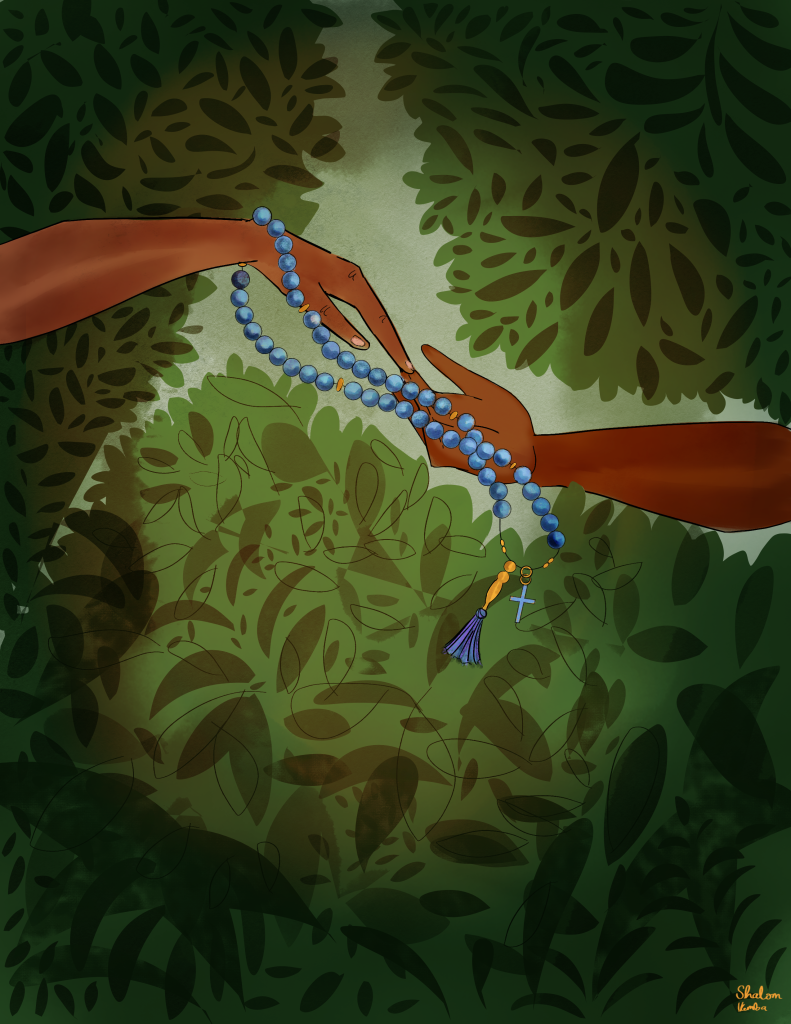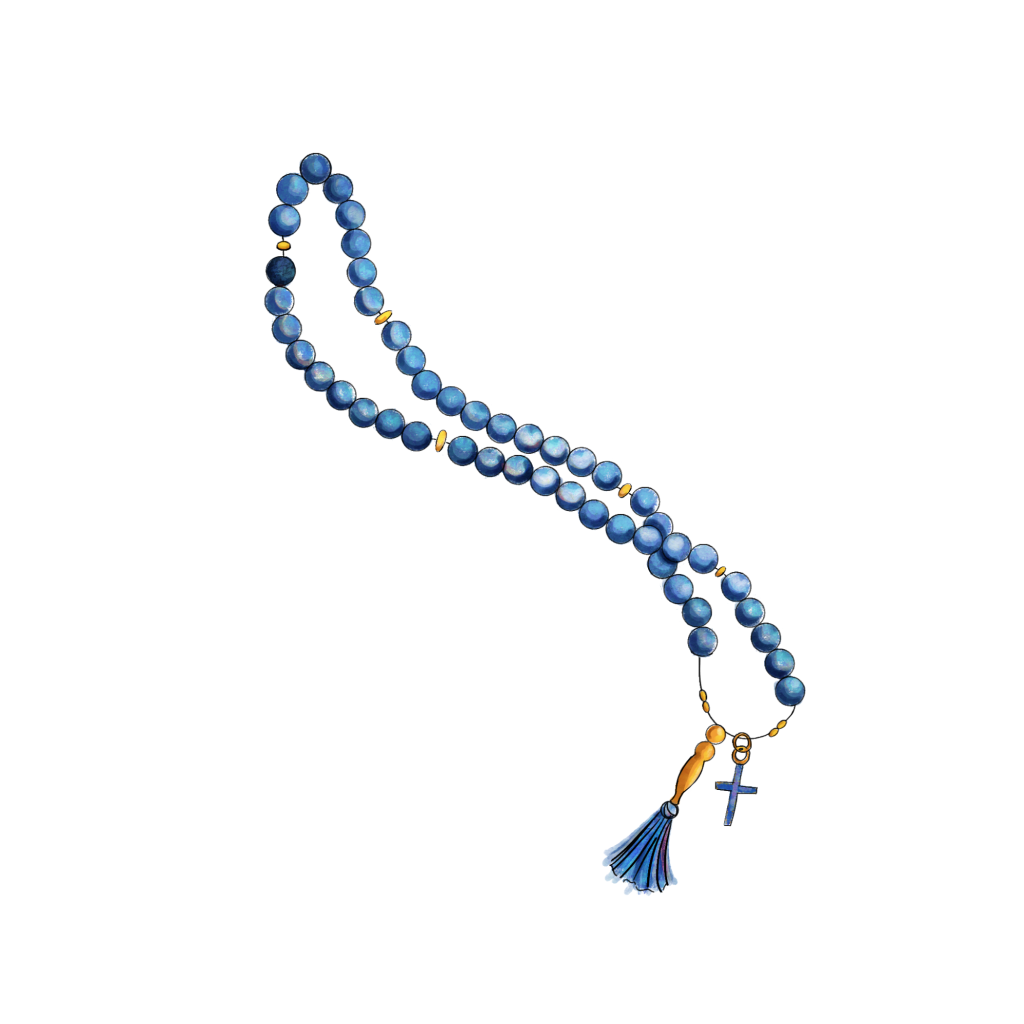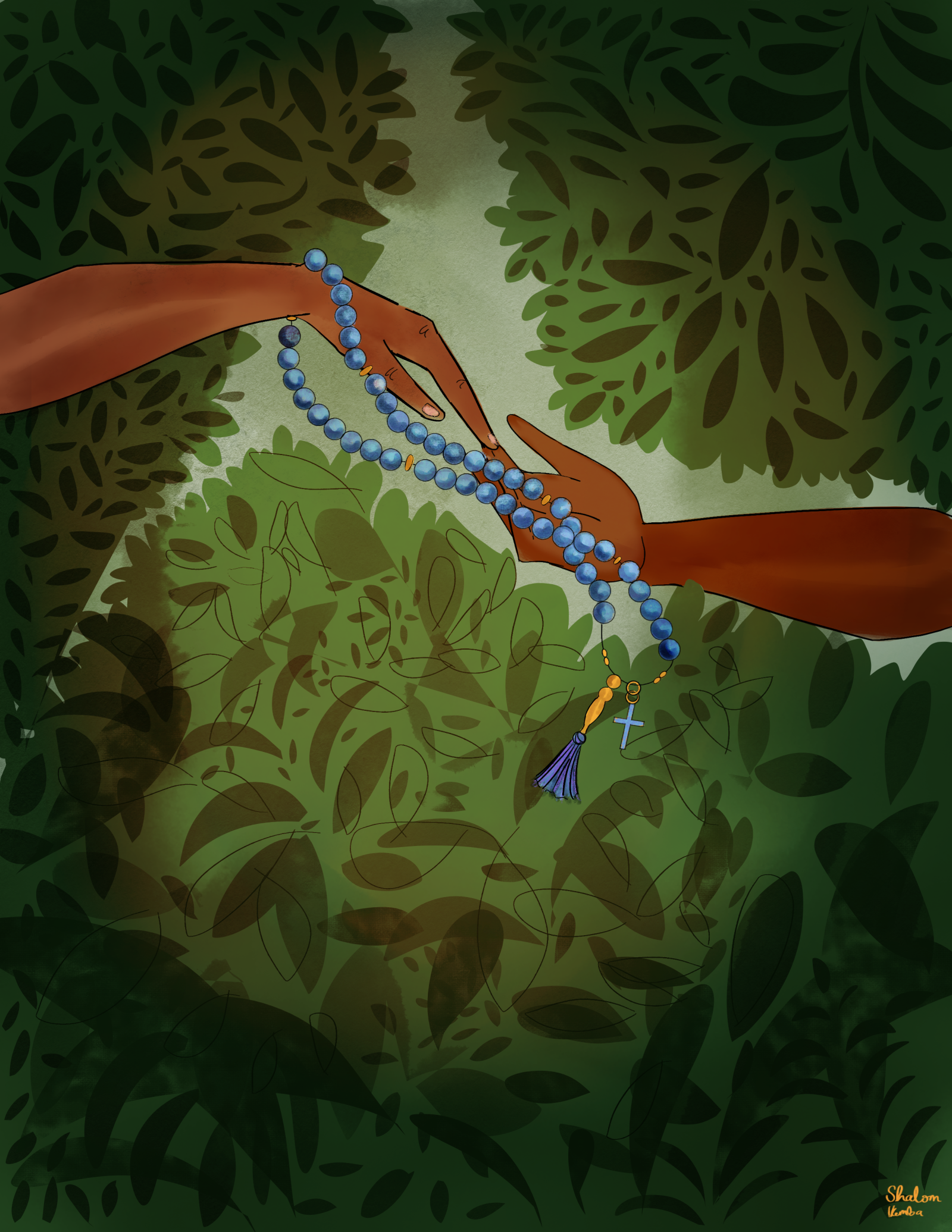
A profound shift is happening in Nigerian literature that reflects the country’s modern reading culture and its strong religious populace. There is a noticeable rise in the diversity of book genres written and read in the country. Prior to now, the majority of Nigerian fiction were literary and served as social commentary, such as publications by Chinua Achebe, Wole Soyinka, and Buchi Emecheta. However, this shift can be attributed to the following factors: more structure and variety in publishing houses, book influencers, and reading communities. At the 2024 Ake Arts And Book Festival, organised by writer and founder of Book Buzz Foundation, Lola Shoneyin mentioned that people visit Ouida Books, her bookstore in Lagos, to ask for African literature and that she is happy to reply, “What genre do you want?”. This is an indication that with each passing year, more people are reading and the continent’s writers are producing works in a multitude of genres to satisfy the diverse needs of African readers.
This diversification is most noticeable in the increase of books in the genre of religious romance. Nigeria is a deeply religious country with a strong majority of its population identifying as either Christian or Muslim. Thus, it is not surprising that this religious fervor has largely influenced Nigerian literature. Authors like Unoma Nwankwor, Helon Habila, Elnathan John, and Abubakar Ibrahim have written faith-based novels that portray romance, drama, and social issues. In the 1960s and 1970s, authors like Flora Nwapa and Buchi Emecheta produced novels that explored themes of love, relationships, and family. Their works were infused with cultural and social commentary, reflecting the complexities of social life at that time. Christian and Islamic texts have been widely read and studied in Nigeria with many authors producing devotional literature, theological treatises, and inspirational works. However, the combination of religion and romance was not widespread in Nigerian literature before this time.
There is a growing trend of religious romance books that combine elements of faith, spirituality, and romantic love. In the last decade, there was the Nani Boi series, books that centred on love and youth and the connections between culture and traditional religion. Earlier Nigerian romance novels touched on themes of faith and culture, but these elements were often more subtle and implicit. However, contemporary religious romance books are more explicit in their exploration of faith and spirituality. They feature protagonists actively questioning religion, seeking a deeper connection with God, and romantic relationships influenced by their spiritual values. Authors like Fatima Bala and Timendu Christine Aghahowa, use religious romance to write about the complexities of faith, love, and relationships within the Nigerian context.
Living in a deeply religious society like Nigeria presents a unique challenge for women as both religions expect women to be conservative regarding the consumption and discussion of romantic or sexual content. Hence, religious romance books like The Bishop’s Prodigal Daughter by Timendu Christine Aghahowa and Broken: Not A Halal Love Story by Fatima Bala present an advancement in the discourse around Nigerian women’s romantic and sexual lives. Through reading about romantic and sexual themes within the context of religion, Nigerian women are finding ways to assert their agency and express themselves, thereby challenging the status quo.
Broken: Not A Halal Love Story and The Bishop’s Prodigal Daughter challenge stereotypes, show the complexities of modern relationships, and reveal the impact of faith in matters of the heart. In Broken: Not A Halal Love Story, the main character Fa’iza Mohammed was raised in a conservative and traditional Muslim home while Ahmad Babangida, the love interest, was a more liberal Muslim raised in the West. Broken explores the love affair between these two people whose differences are on the basis of religion and upbringing.
On the other hand, The Bishop’s Prodigal Daughter explores the story of Elo, a stubborn and strong-willed woman that returns home for her best friend’s wedding and finds herself in an entanglement with her childhood friend, Datonye. This is a story of family, love, forgiveness, and second chances. Speaking on the themes of the book, the author said, “It was very intentional because it’s kind of a common trope of what I like to call Traditional Christian Romance and I wanted to step away from that to do something a little different. I wanted Elo’s spiritual journey to matter whether or not she ended up with Datonye. I wanted her to have a win outside of getting her man, so that when she did get her man, then he was the icing on the cake she already had.”

Broken: Not A Halal Love Story has been a hit in the book enthusiasts community on Instagram known as Bookstagram. Popular book reviewer, Ikechukwu Chielo (@Ikegod.chielo) said, “Fatima Bala’s Broken is an expository novel into Islam, and just by reading the book, you can see how well-researched it is. It explores the clash between tradition and personal desires, the thin line between halal and haram. It is an emotional rollercoaster that is thought provoking.” Another Bookstagram influencer, Aisha Oredola, (@Aish.dols) described the book as “an heart- wrenching story of love which explores the connection between two lovers with different ideologies in a place far away from home.”
Similarly, The Bishop’s Prodigal Daughter received positive reviews from Bookstagram creators. Anjola (@Anjoureadsbooks) described the book as “chaotic, funny, and dramatic.” “There is romance, church politics, and family politics. The book was as vivid as a movie and I read it in just two sittings,” Anjola wrote in her Instagram post. Another well-known Bookstagrammer, Blessing Timidi Digha (@BlessingsTimidi) described the novel as “a fast-paced book that shows readers redemption, finding love, forgiveness, and family bonds.”
Despite the positive reviews, the novels have also received some backlash for challenging religious and cultural stereotypes. Timendu said, “I suppose I don’t see the conflict with societal narratives. Faith exists in society. Romance exists in society. I recognize that how we interact with each other in those arenas might possibly be tricky or difficult or even acrimonious, but I also believe that Aalsociety works because of our differences. I just told a story about two people falling in love which is something I hope anyone can root for.”
By introducing the themes of love and faith simultaneously in their novels, Timendu Christine Aghahowa and Fatima Bala create new expressions of love stories in the Nigerian literary canon. The Bishop’s Prodigal Daughter and Broken: Not A Halal Love Story represent a major turn in contemporary Nigerian literature — one in which romance becomes a lens through which readers can explore the profound intersections of faith, culture, and human connection.



